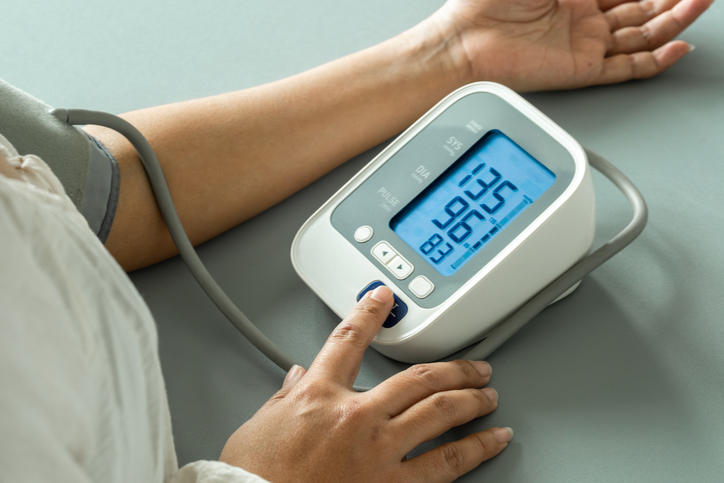
Heavy coffee consumption was associated with a modest increase in the risk for cardiovascular disease, results from an analysis suggest.
The study, published in The American Journal of Clinical Nutrition, was conducted to look at whether the CYP1A2 genotype/genetic score for caffeine metabolism that changed the association between habitual coffee consumption and cardiovascular disease. The study explained that individuals who carry the functional variant at cytochrome P4501A2 (the CYP1A2 genotype) have difficulty effectively metabolizing caffeine and may be at heightened risk by heavy consumption. According to the researchers, this analysis represents the first to put an upper limit on coffee consumption as to when it may become unhealthy for one’s heart.
“Coffee is the most commonly consumed stimulant in the world,” Prof. Elina Hyppönen, of the Australian Centre for Precision Health, said in a press release. It wakes us up, boosts our energy, and helps us focus, but people are always asking ‘How much caffeine is too much?’”
Too Much of a Good Thing
Prof. Hyppönen went on to say that “most people would agree that if you drink a lot of coffee, you might feel jittery, irritable or perhaps even nausea, [and] that’s because caffeine helps your body work faster and harder. It is also likely to suggest that you may have reached your limit for the time being.”
The study included 347,077 individuals from the UK Biobank database, which included 8,368 incident cases of cardiovascular disease. The authors used logistic regression analysis to tease out the association between heavy coffee consumption and the risk for cardiovascular disease, and whether the link varied with the CYP1A2 genotype.
According to the results, there was a nonlinear association between heavy coffee intake (6 or more cups per day) and increased risk for cardiovascular disease. The risk was similar to that seen in participants who didn’t drink coffee at all and also those who reported drinking decaffeinated coffee. Participants who drank one to two cups of coffee per day had a comparatively lower risk for cardiovascular disease compared to nondrinkers and heavy coffee drinkers. The researchers also reported no association between the CYP1A2 genotype/genetic score for caffeine and increased cardiovascular risk.
“In order to maintain a healthy heart and a healthy blood pressure, people must limit their coffees to fewer than six cups a day,” Prof. Hyppönen said. “Based on our data, six was the tipping point where caffeine started to negatively affect cardiovascular risk.”
Yikes! An analysis finds drinking more than 6 cups of coffee a day correlates to higher incidence of cardiovascular disease: https://t.co/Pnias8334c
Mind you, 6 cups a day? I'm not actually sure how many cups a day I drink.
That's probably because I increment in POTS, not cups
— Clive Thompson (@pomeranian99) May 15, 2019
https://twitter.com/realwrreeves/status/1128444353922379776
#evidence #ebm
Nonlinear association between coffee intake and cardiovascular disease
How much coffee?https://t.co/BKBLRGQSXa— Dr Sanjay Singh (@dr_sanjay_singh) May 15, 2019
I'd like to know more about this study. For example, what defines 'a cup' of coffee? Does it matter if it's espresso-based or brewed? Arabica VS Robusta? Long-term coffee consumption, caffeine metabolism genetics, and risk of CVD: https://t.co/QtgiAgm9zR
— Michael Wright (@OilSlickCoffee) May 14, 2019







 © 2025 Mashup Media, LLC, a Formedics Property. All Rights Reserved.
© 2025 Mashup Media, LLC, a Formedics Property. All Rights Reserved.